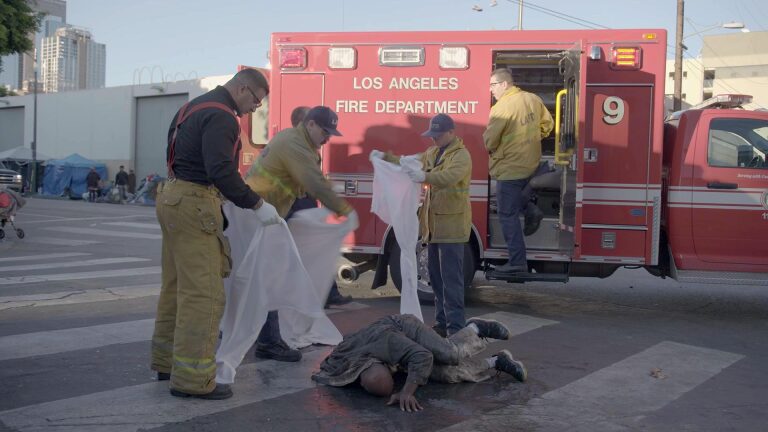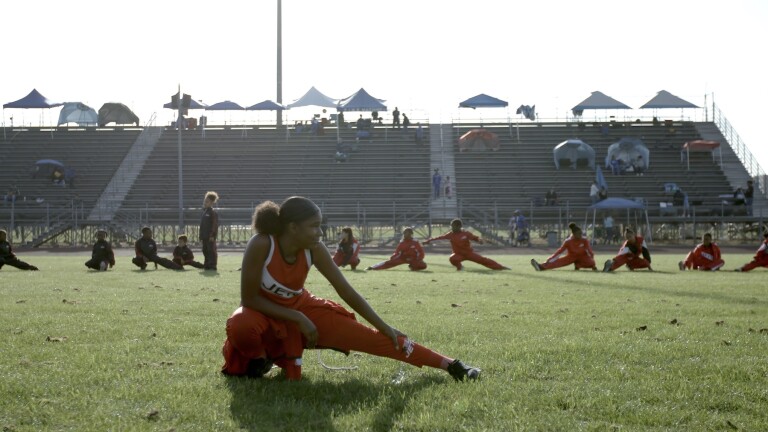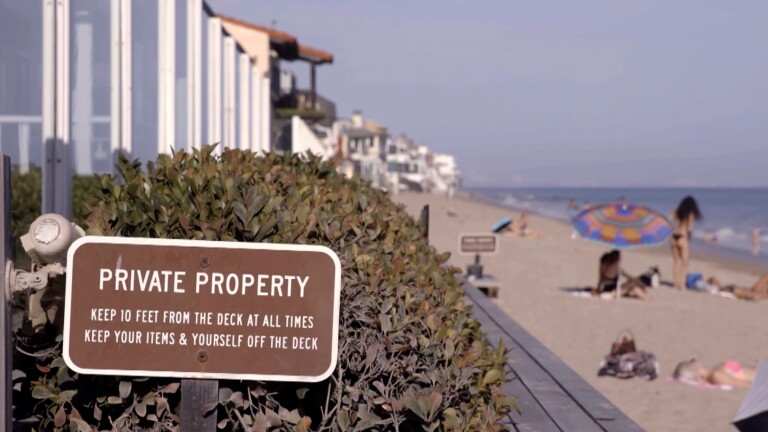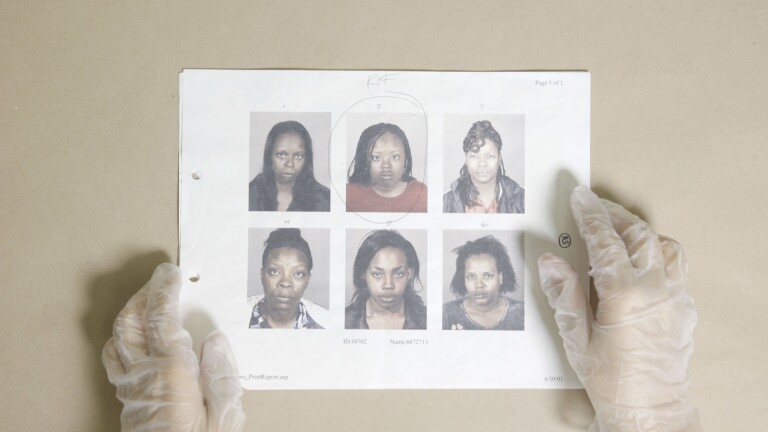
The Lunch Lady: Whole Foods and Celebrity Chefs in Berkeley Schools
For a nation struggling with high rates of obesity - even among school-age children - last week's announcement by first lady Michelle Obama and Agriculture Secretary Tom Vilsack comes generally as good news.
The latest ruling from the U.S. Department of Agriculture aligns school lunch standards more closely with federal dietary guidelines. That is to say, our nation's children may soon be getting more whole grains and fresh produce, less pizza sticks and chicken nuggets.
Many nutrition experts are hailing the rule as a big step forward in the fight against diabetes and obesity. But it also follows on years of grassroots efforts to achieve the same. Which brings us to the latest installment of our SoCal Rewind series.
In 2005, celebrity chef Alice Waters, a pioneer in the culinary movement to use only local and sustainable foods, recruited Ann Cooper to help transform the school lunch menu at the Berkeley Unified School District in Northern California. An accomplished chef, author and activist herself, Cooper took the reins and introduced salad bars, whole grain pizza and bolognese sauce to students who had been more accustomed to plastic-wrapped grilled cheese sandwiches and unfortunately named frozen food items like "Pizza Nada."
This show's predecessor, California Connected, aired a sort of behind-the-scenes look at that process. The first half runs like an episode of Hell's Kitchen, but with a lot more love (watch the video above).
For another take on, and a more in-depth look at, how Berkeley Unified transformed its school lunch program, check out the Web documentary Lunch Love Community.
In the meantime, I gave Ann Cooper a call to see what she's up to today, more than five years later, and to find out what she thinks of the latest developments in the national school lunch movement.
How is the Berkeley school district doing now?
It's become sustainable, systemic, the food is good, and the department is self-sufficient.
What are you up to now?
I have three day jobs. I'm director of food services for Boulder Valley School District in Colorado. We do 10,000 meals a day. We're in 50 schools, got a couple hundred employees. And I have a consulting company, Lunch Lessons LLC, which does consulting for school districts all around the country that are trying to segue from highly processed foods to fresh foods. And I have my foundation, Food Family Farming, which has three major projects: The Lunch Box, Let's Move Salad Bars to Schools, and our newest project is Healthy Breakfast 4 Kids, which is working to help support universal breakfast in the classroom.
As a nation, there's a renewed emphasis on providing healthier school lunches. What are we doing right? What are we doing wrong?
I think the most recent USDA guidelines are really, really, really a positive step. Are they imperfect? Yes, but we live in an imperfect world.
The answer to the second question is twofold. One, we allow big companies and lobbyists to make decisions about our children's health. And two, we haven't really gotten our hands around children's advertising. We have children who see 10,000 ads a year on eating unhealthy foods. Big money is spent making kids believe bad food is good.
What's next for you?
The plan for the future is to really grow the Lunch Box and work on other direct services through the foundations. I think we as a nation really have to take responsibility for our children's health. [School is] where our kids spend 180 days a year, so we have to understand everything that happens there changes their lives, and food is part of that.























